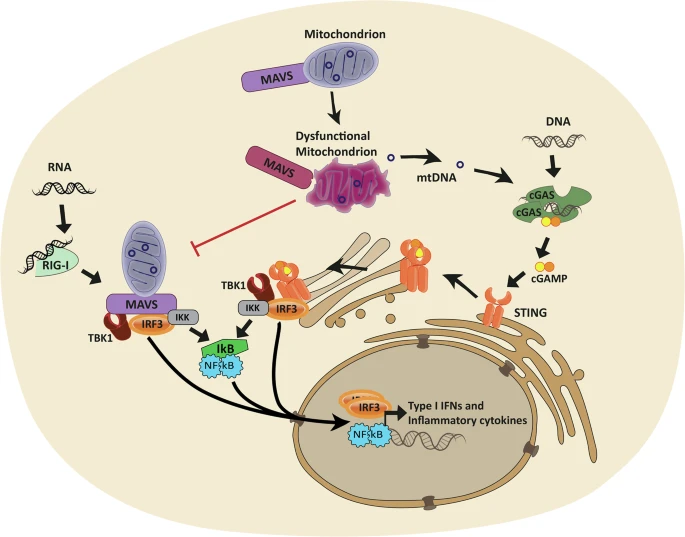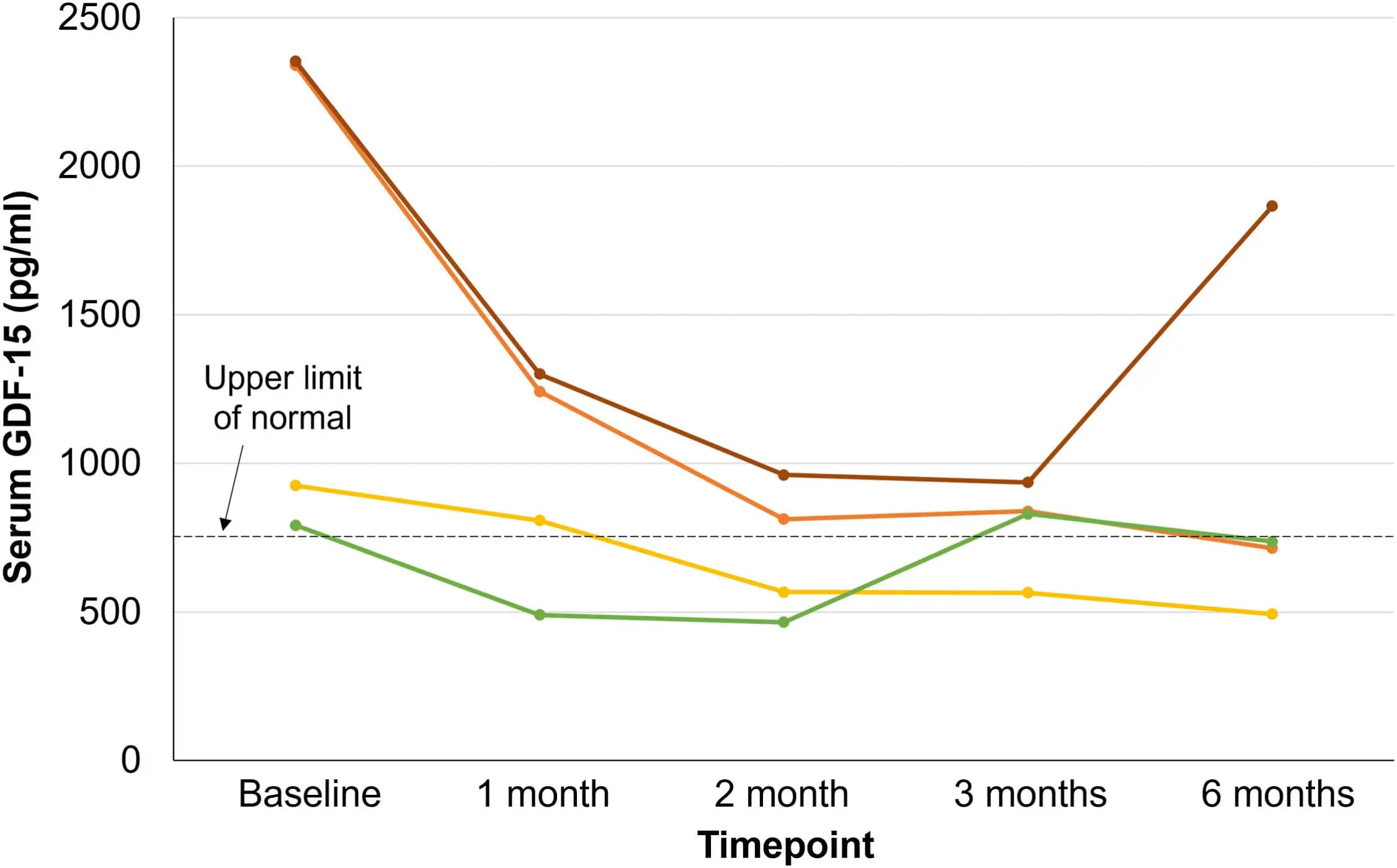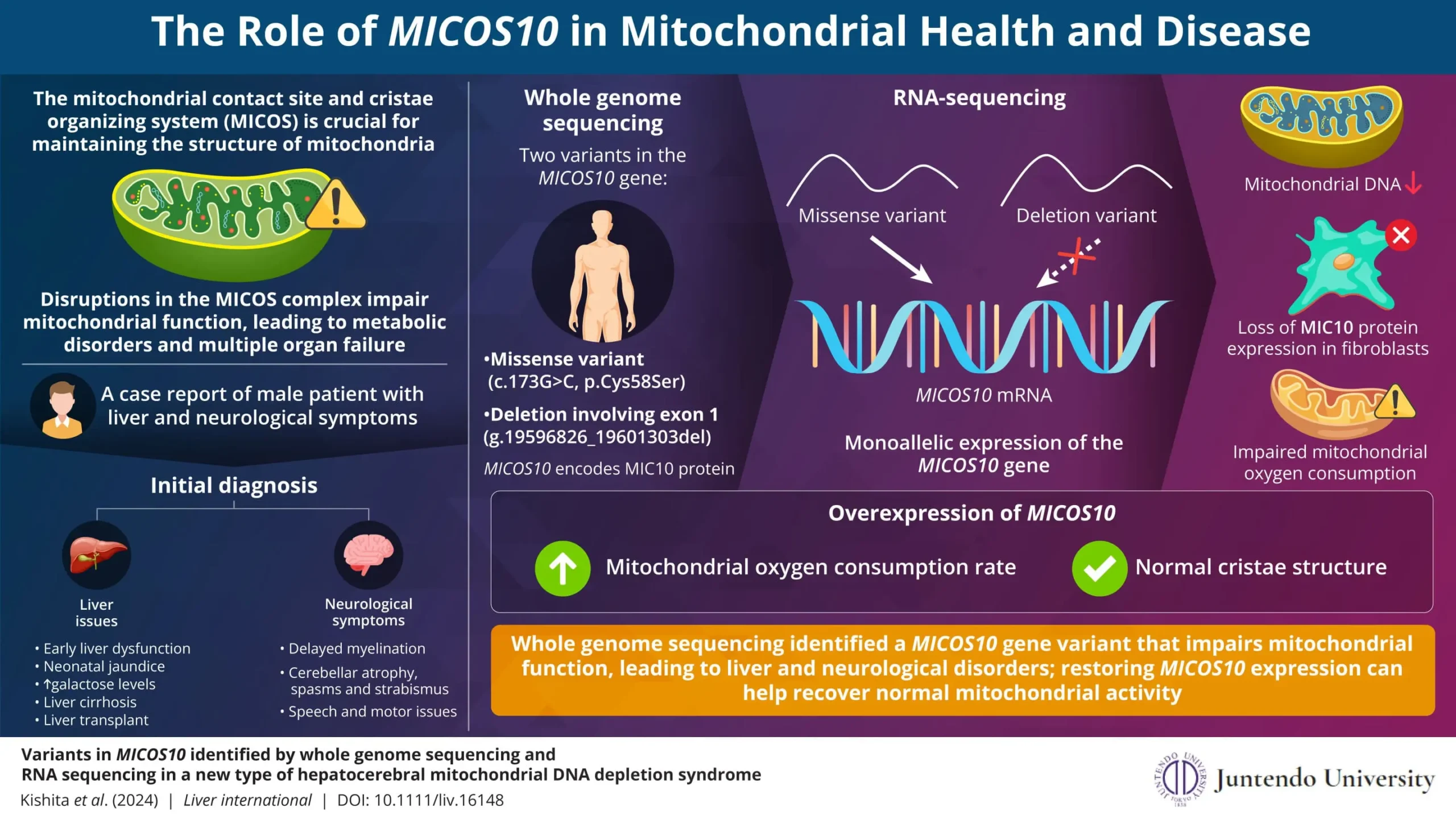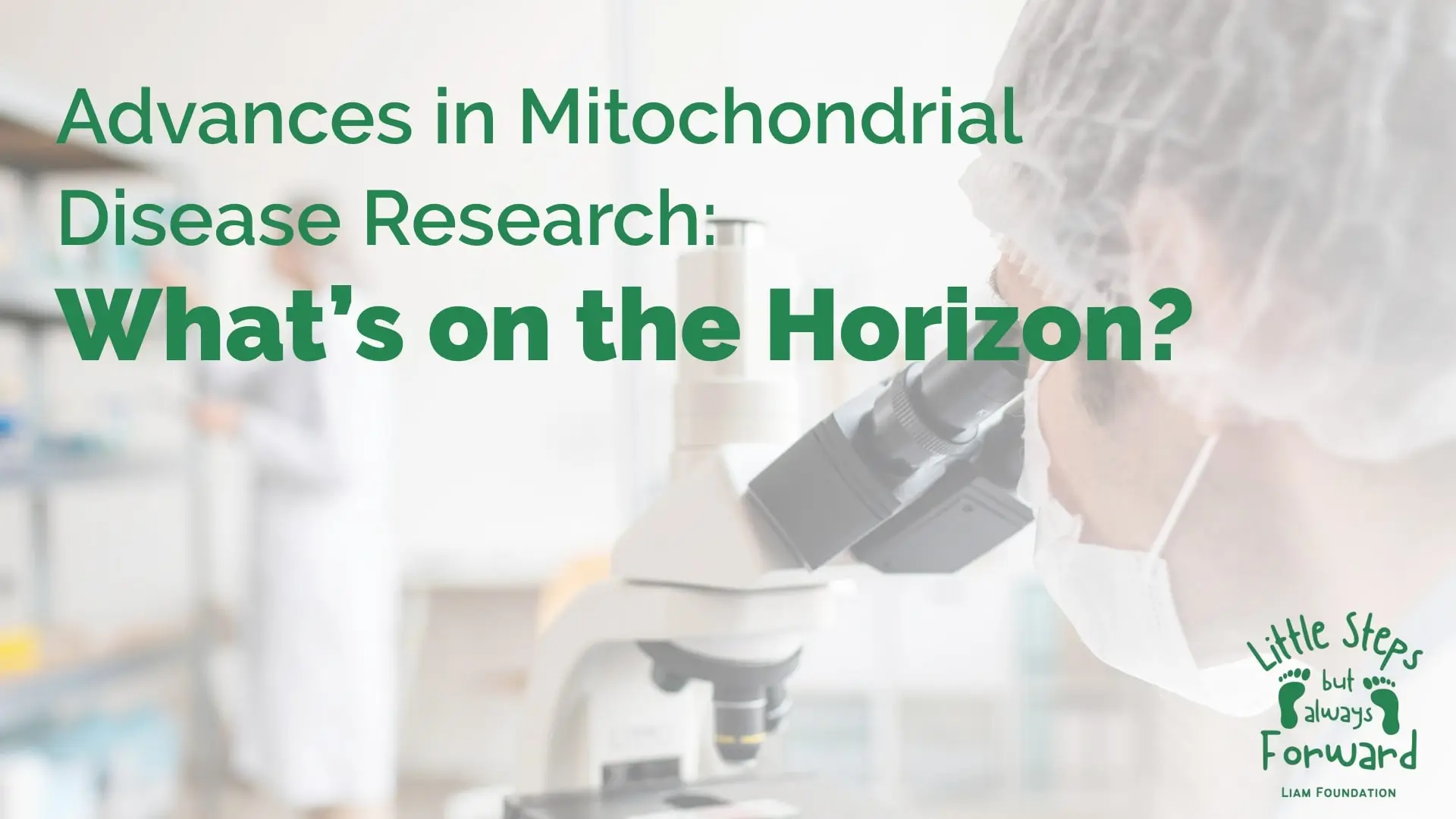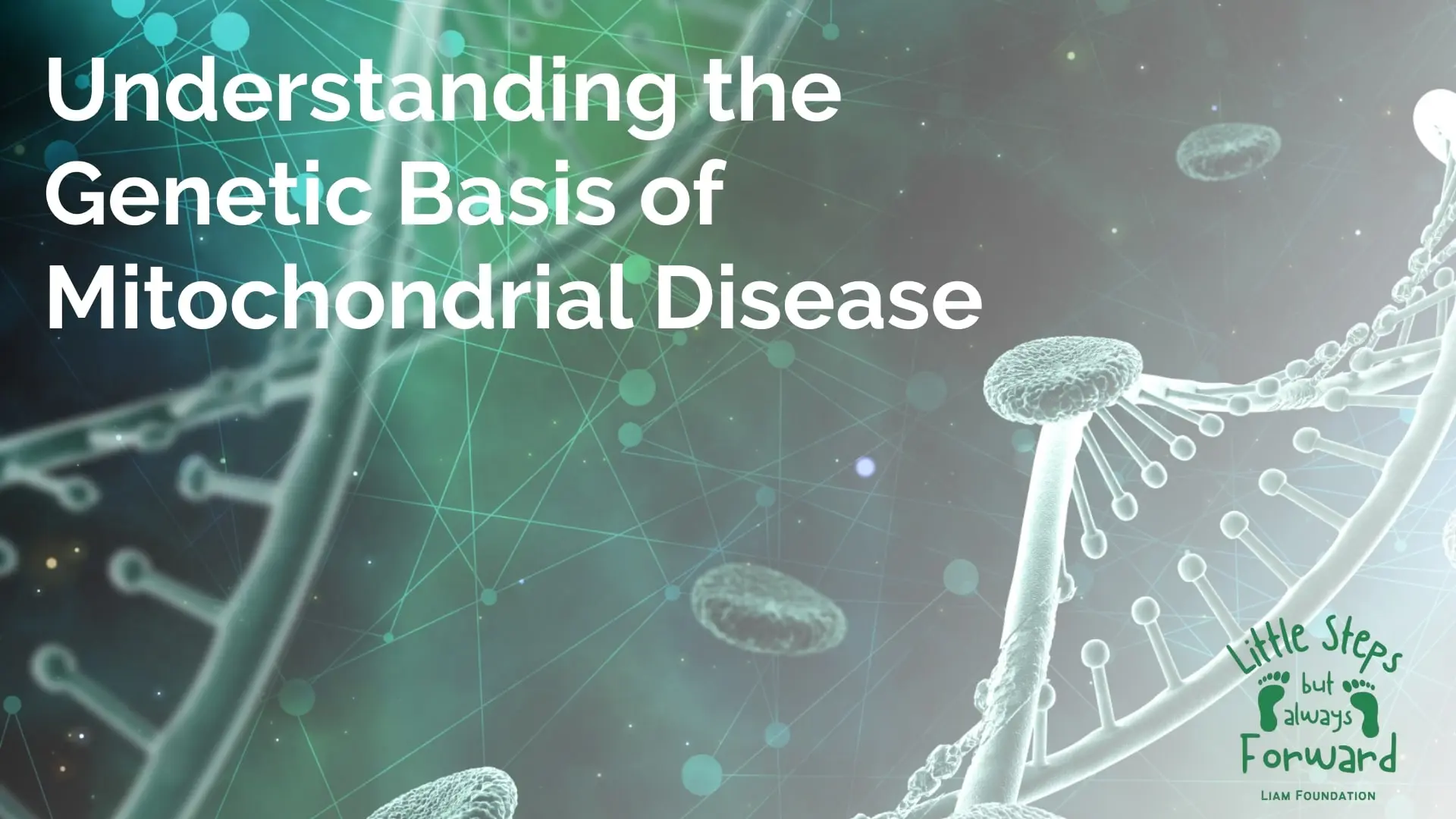Quick Summary : What You Need to Know: Mitochondrial diseases are genetic disorders that impair…

- September 18, 2024
- Comments Off on Breakthrough mitochondrial disease treatments : New research offers hope for patients
Unveiling the complexities of mitochondrial disorders
Mitochondrial diseases are a group of genetic disorders that affect the powerhouses of our cells. These conditions arise from mutations in either mitochondrial DNA or nuclear DNA, leading to a wide array of clinical manifestations. The impact on patients can be profound, with symptoms ranging from debilitating fatigue to severe organ dysfunction.Understanding the genetic basis of these disorders is crucial for developing targeted treatments. Genetic testing has become an indispensable tool in diagnosing mitochondrial diseases, allowing for more precise identification of the underlying mutations. This knowledge is fundamental to tailoring treatment approaches and advancing research efforts.The heterogeneity of mitochondrial diseases presents a significant challenge in both diagnosis and treatment. Patients may experience a diverse range of symptoms, including :- Muscle weakness and fatigue
- Seizures and neurological issues
- Developmental delays
- Vision and hearing loss
- Multi-organ dysfunction
Emerging therapies and innovative approaches
While there is currently no cure for mitochondrial diseases, the landscape of treatment options is evolving rapidly. Our focus has shifted towards managing symptoms and supporting mitochondrial function through a multifaceted approach. Recent advancements have opened up exciting new avenues for therapy, offering hope to patients and their families.One of the most promising areas of research is in pharmacological treatments. Several compounds are currently under investigation, targeting various aspects of mitochondrial function. These include :| Compound | Mechanism of Action | Current Stage |
|---|---|---|
| Idebenone | Antioxidant and electron carrier | Clinical trials |
| EPI-743 | Targets cellular redox balance | Advanced clinical trials |
| KH176 | Modulates redox signaling | Early-stage trials |
- Mitochondrial replacement therapy : A technique aimed at preventing the transmission of mitochondrial DNA mutations from mother to child.
- Genome editing : Utilizing tools like zinc finger nucleases and TALENs to correct genetic mutations directly.
- Novel delivery methods : Developing nanoparticles to target therapies specifically to mitochondria.


Holistic approaches : Nutrition, exercise, and lifestyle interventions
While pharmaceutical and genetic interventions are at the forefront of research, we’ve also seen significant progress in more holistic approaches to managing mitochondrial diseases. These strategies focus on supporting overall mitochondrial function and improving quality of life for patients.Nutritional interventions have emerged as a crucial component of mitochondrial disease management. Supplements such as coenzyme Q10, various vitamins, amino acids, and antioxidants are being used to support the electron transport chain and enhance mitochondrial function. In some cases, a ketogenic diet has shown promise in managing symptoms and improving energy production.Exercise therapy, when carefully tailored to individual patient needs, has demonstrated remarkable benefits. Regular, moderate exercise can improve mitochondrial function and muscle strength in some patients. However, it’s crucial to emphasize that exercise regimens must be developed under close medical supervision to avoid exacerbating symptoms.These holistic approaches underscore the importance of a comprehensive treatment strategy. At The Liam Foundation, we’re committed to supporting research that explores the full spectrum of interventions, from cutting-edge pharmaceuticals to lifestyle modifications. This multifaceted approach ensures that we’re addressing all aspects of patient care and quality of life.The road ahead : Collaborative research and personalized medicine
As we look to the future of mitochondrial disease treatments and research, collaboration and personalization stand out as key themes. The establishment of collaborative research networks and patient registries is accelerating the pace of discovery and facilitating more comprehensive clinical studies and trials.These collaborative efforts are particularly crucial given the rarity and complexity of mitochondrial diseases. By pooling resources and data, researchers can overcome the challenges posed by small patient populations and the heterogeneity of these disorders. As of 2024, over 20 international research consortia are actively working on various aspects of mitochondrial disease, representing a significant increase from just a decade ago.The future of mitochondrial disease treatments lies in personalized medicine approaches. Advances in genetic testing and our understanding of disease mechanisms are paving the way for more targeted therapies. We anticipate seeing :- Improved biomarkers for diagnosis and treatment monitoring
- Combination therapies targeting multiple aspects of mitochondrial dysfunction
- Tailored treatment plans based on individual genetic profiles
Share This:
The Liam Foundation
Related Posts
The COVID-19 pandemic, caused by the SARS-CoV-2 virus, has led to significant global health challenges.…
A groundbreaking clinical trial led by the Research Institute of the McGill University Health Centre…
Mitochondrial DNA Depletion Syndrome (MTDPS) encompasses a group of rare genetic disorders characterized by a…
The Liam Foundation stands as a beacon of hope for families grappling with the challenges…
Mitochondrial disease treatments have long been a challenging frontier in medical research. As we delve…
Mitochondrial disease symptoms are complex disorders that can affect people of all ages, from infants…
To appreciate the significance of recent Mitochondrial disease research advances, it’s essential to understand the…
Understanding the Genetic Basis of Mitochondrial Disease, Mitochondrial disease is a group of disorders caused…
Mitochondrial disease is a group of disorders caused by dysfunctional mitochondria, the parts of the…




